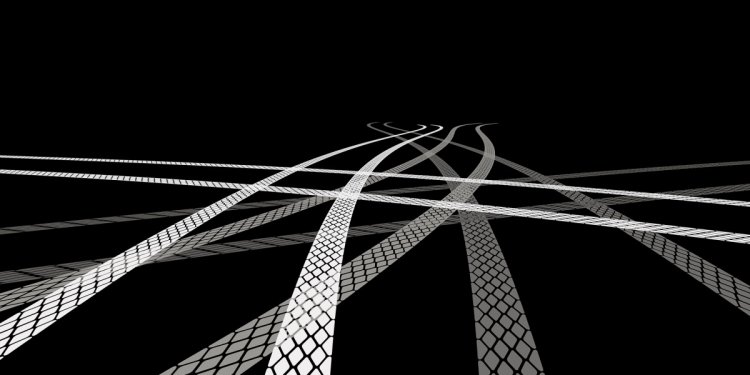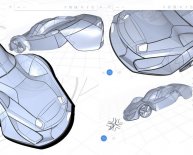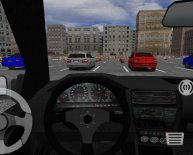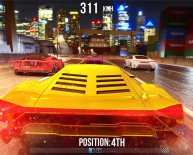December 31, 2019

Modify car software
Last week, we noted that Senator Ron Wyden and Rep. Jared Polis had introduced an important bill to fix a part of the DMCA's broken anti-circumvention laws found in Section 1201 of the DMCA. For whatever reason, some people still have trouble understanding why the law is so broken. So here's a story that hopefully makes the point clearly. Thanks to DMCA 1201, John Deere claims it still owns the tractor you thought you bought from it. Instead, John Deere claims you're really just licensing that tractor: In the absence of an express written license in conjunction with the purchase of the vehicle, the vehicle owner receives an implied license for the life of the vehicle to operate the vehicle, subject to any warranty limitations, disclaimers or other contractual limitation in the sales contract or documentation. How nice of John Deere to say that your ability to operate the vehicle is really subject to the "implied license" it granted you. These comments (and last week, and the John Deere statement is in response to requests to diagnose, repair or modify vehicle software. And, of course, lots of car companies are against this, , which argues that all hell will break loose if people can diagnose problems in their own cars' computers. It, too, thinks that you don't really own your car and worries that people are mixed up in thinking they own the software that makes the car they bought run: Proponents incorrectly conflate ownership of a vehicle with ownership of the underlying computer software in a vehicle. Although we currently consider ownership of vehicle software instead of wireless handset software, the law’s ambiguity similarly renders it impossible for Proponents to establish that vehicle owners own the software in their vehicles (or even own a copy of the software rather than have a license), particularly where the law has not changed. But the real conflation here is by GM, John Deere, and others, in thinking that because they hold a copyright to some software, that somehow gives them ownership over what you do with the copy you legally purchased with the car itself. Once that purchase is concluded, the vehicle owners should be seen to have given up any proprietary interest in the single vehicle you bought. But thanks to copyright and Section 1201, that's an issue that faces "uncertainty." And that's a problem.
The companies lay out a parade of horribles that will happen if people can circumvent the DRM they put in their vehicles, mostly focused on the idea that people might soup up their car, making it dangerous. But that's not a copyright issue. People have always souped up cars, and before there was software in cars, no one argued that Ford could prevent you from turning your Mustang into a drag racer. It's only copyright that has rewritten the very concept of ownership in a dangerous way. As Kyle Wiens notes in his article at Wired in response to the "but, but, car modders!" argument:
They’re right. That could happen. But those activities are (1) already illegal, and (2) have nothing to do with copyright. If you’re going too fast, a cop should stop you—copyright law shouldn’t. If you’re dodging emissions regulations, you should pay EPA fines—not DMCA fines. And the specter of someone doing something illegal shouldn’t justify shutting down all the reasonable and legal modifications people can make to the things they paid for. But, by far, the most ridiculous in the "parade of horribles" comes from John Deere who was really, really, really, really stretching to try to come up with some way to pretend this is really about copyright issues. It argues that allowing farmers to modify the software in their tractors might lead those farmers to (and I am not making this up), listen to infringing music while they farm. Moreover, TPMs for vehicle software for entertainment systems protects copyright owners of copyrighted content against the unauthorized reproduction and distribution of copyrighted works. For example, vehicle software for entertainment systems supports the playing of copyrighted music files and copyrighted audio books, among other expressive works. A vehicle driver may listen to sound recordings, while passengers may watch or view television and movie content. TPMs for in-vehicle entertainment systems encourage content providers to create and distribute highly-expressive copyrighted works that might otherwise be easily copied or pirated if the TPMs were circumvented. Consequently, circumvention of the above TPMs for purposes of “personalization, modification, or other improvement” is likely to encourage the unauthorized reproduction, distribution, and use of copyrighted software and content. I really feel sorry for whatever recent law school grad had this issue dumped on their desk and was told, "make this about copyright... some way... any way."















